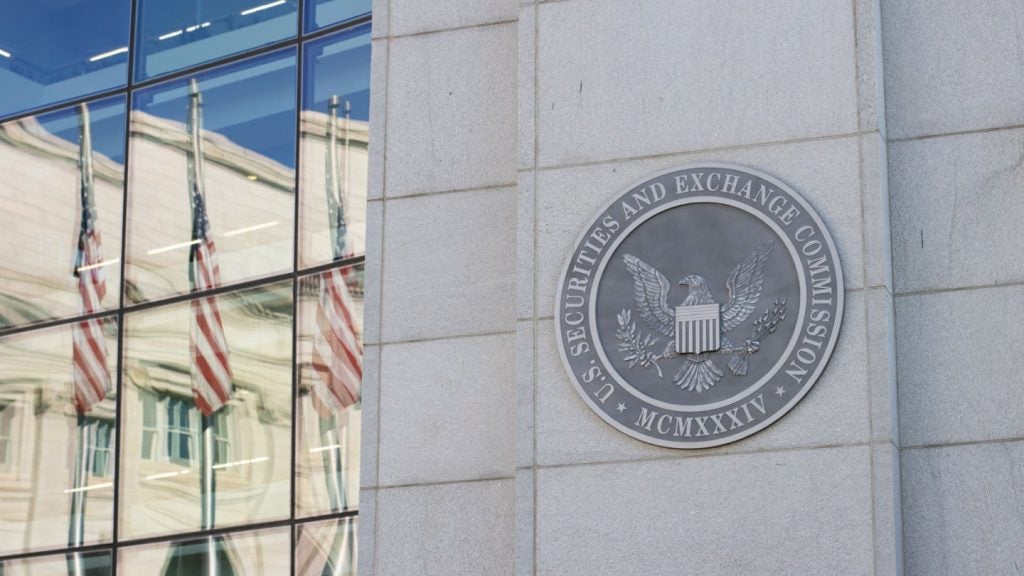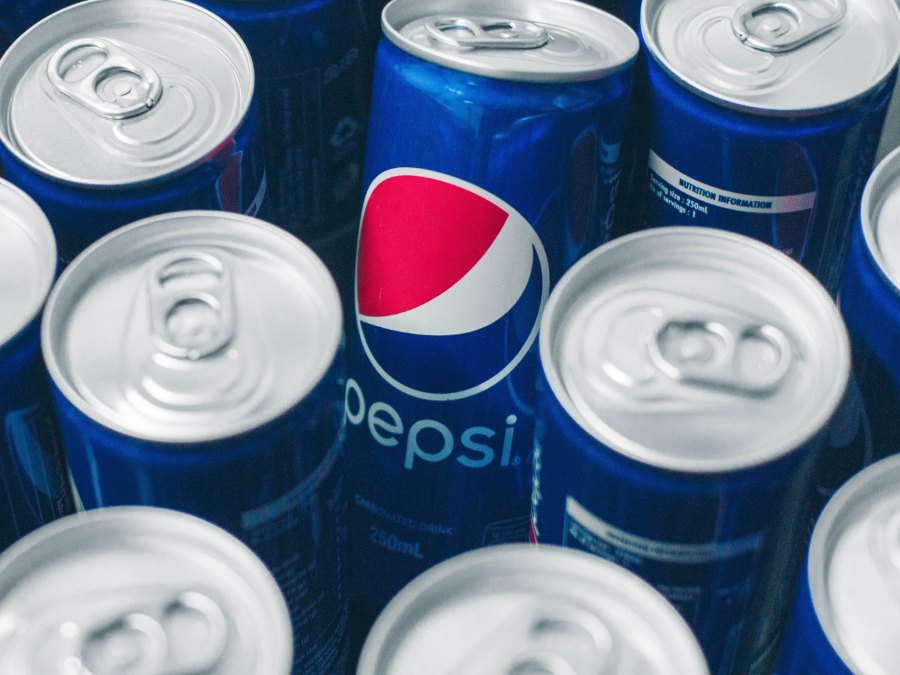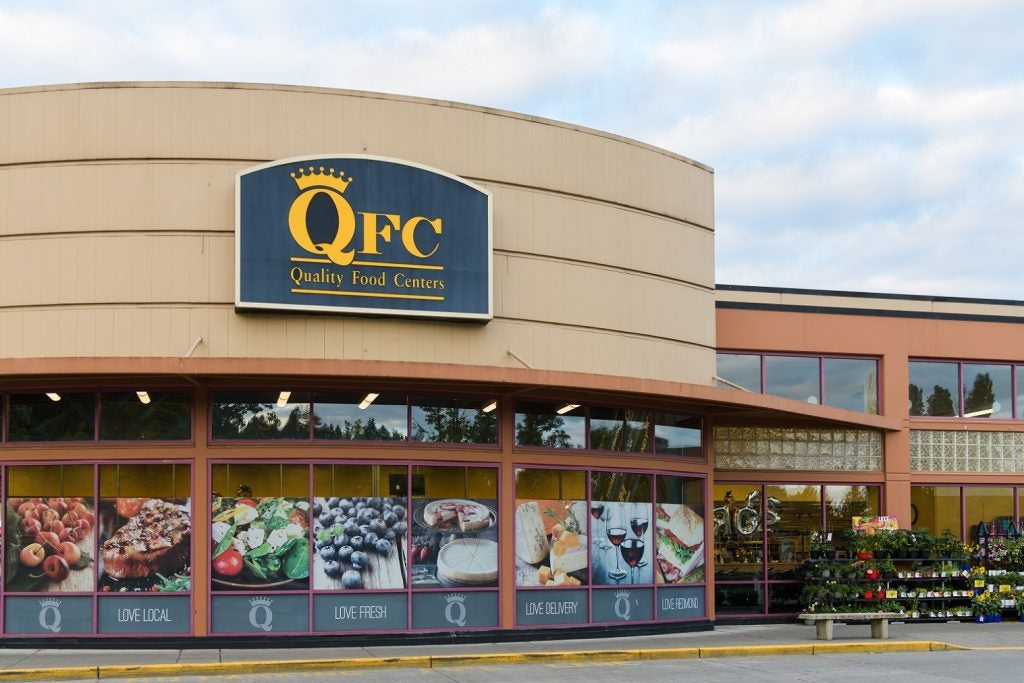By using Ozzy Osborne in its marketing but banning rapper Ludacris, PepsiCo has unwittingly unleashed the wrath of the hip-hop music community. A boycott announced by the Hip-Hop Summit Action Network strikes a blow to Pepsi’s efforts to court America’s urban youth. The cola giant is learning what it should already know – mainstream and ethnic initiatives cannot be run in isolation.
PepsiCo’s use of the famously foul-mouthed Osbourne family to back its Pepsi-Twist campaign has drawn accusations of “double standards” from the Hip-Hop Summit Action Network (HSAN). Last year, Pepsi cancelled a television spot featuring hip-hop star Ludacris because of complaints that the musician’s lyrics were profane and sexually explicit.
The rise of ethnic marketing was one of the hottest marketing trends of the 1990s. In 1999, US advertisers spent an estimated US$1.1 billion on advertising to ethnic minorities, an increase of 112% in just four years.
Pepsi was quick to spot the trend and has been at its forefront. It also spotted the potential of using trends among urban ethnic youth, which increasingly help shape youth culture in the US, to market to a wider audience.
Now it risks seeing much of its good work undone. HSAN has announced a “national mobilization effort asking all artists and supporters of hip-hop culture to refrain from supporting Pepsi and PepsiCo products.” The boycott starts this week, and will continue through the upcoming National Basketball Association All-Star Weekend in Coca-Cola’s hometown of Atlanta. The group claims it will not call off the boycott until Pepsi donates $5 million to the rapper’s charity and begins re-airing the Ludacris spot.
This standoff is a significant blow to Pepsi’s urban and ethnic youth community efforts. Having correctly recognized the Hispanic and African American youth population as particularly significant in terms of size, spending power and influence on mainstream America, Pepsi is now facing a serious public relations problem. Reaching out to these consumers is a painstaking and heavily localized effort based on proving trust and respect.
How well do you really know your competitors?
Access the most comprehensive Company Profiles on the market, powered by GlobalData. Save hours of research. Gain competitive edge.

Thank you!
Your download email will arrive shortly
Not ready to buy yet? Download a free sample
We are confident about the unique quality of our Company Profiles. However, we want you to make the most beneficial decision for your business, so we offer a free sample that you can download by submitting the below form
By GlobalData
By not aligning mainstream and urban/ethnic marketing initiatives and corresponding pressures, Pepsi has undermined its own efforts and will find it hard to recover. Other large corporations must take note. Targeting the young and ethnic consumers demands 360 degrees of consistency, longevity and commitment.
Related Research: Datamonitor, “The American Ethnic Consumer in CPG 2002” (DMCM0095)







